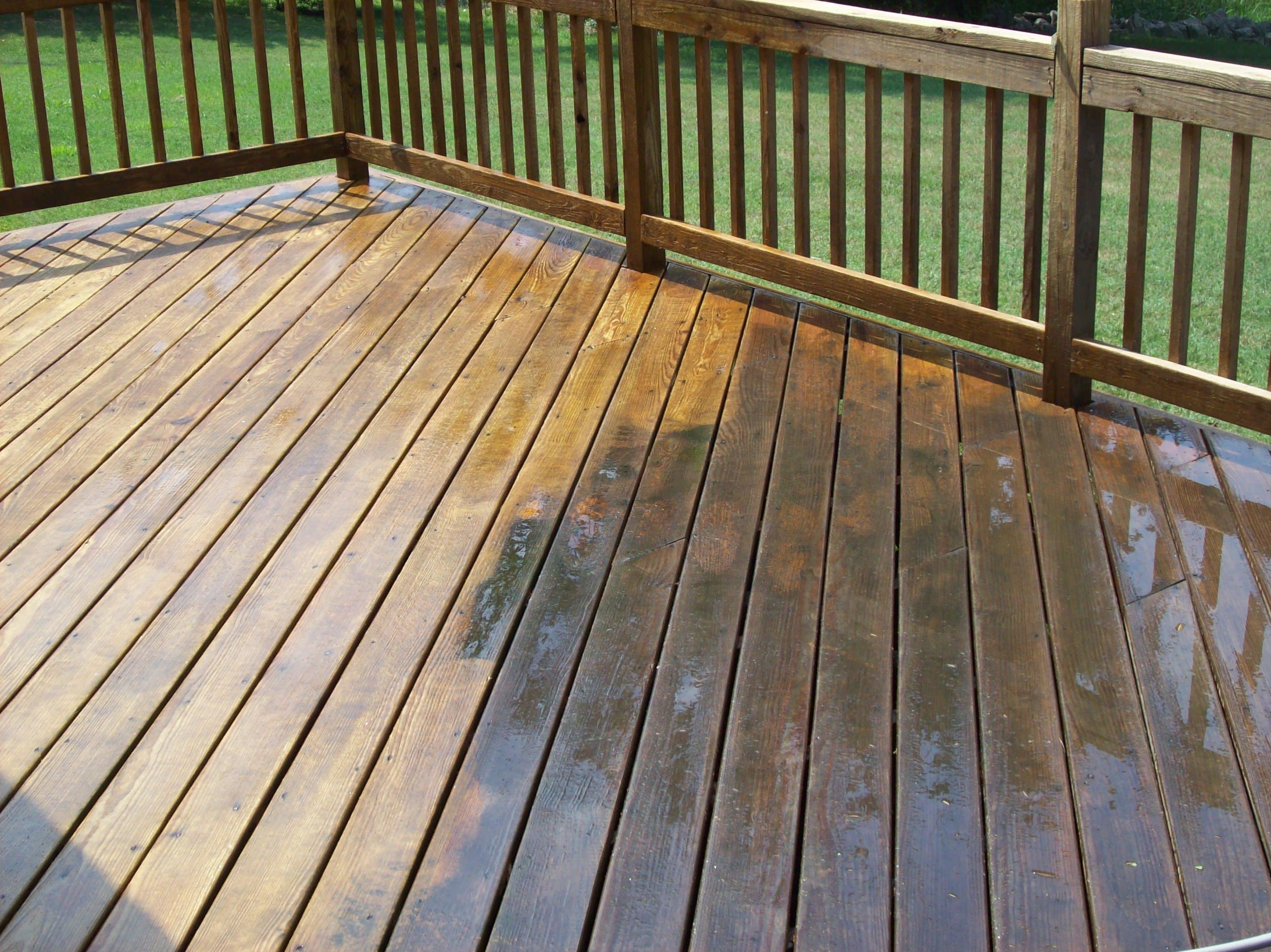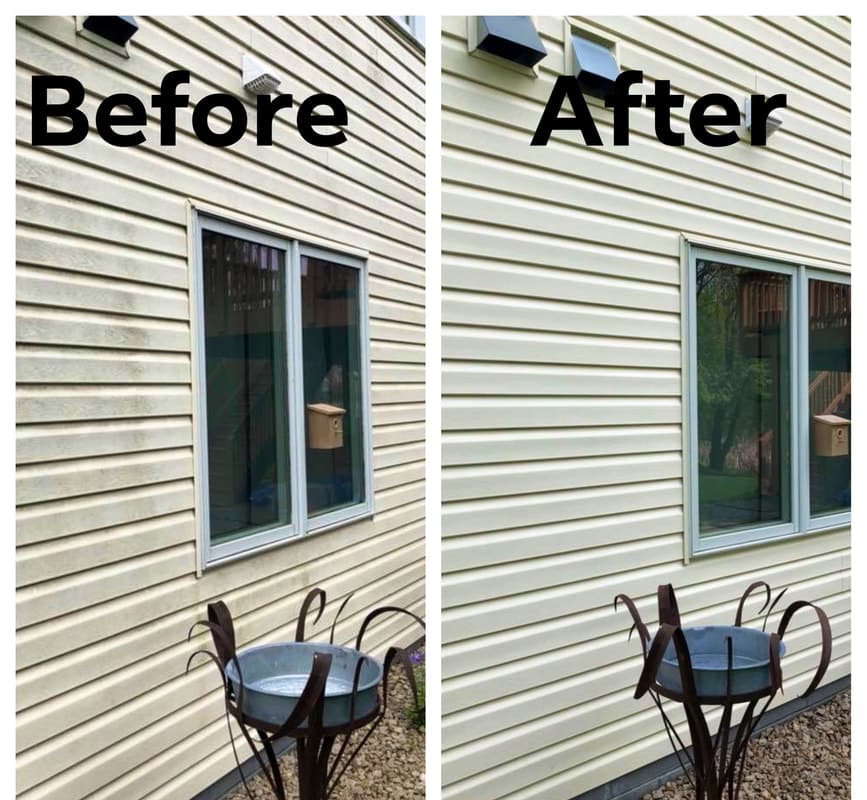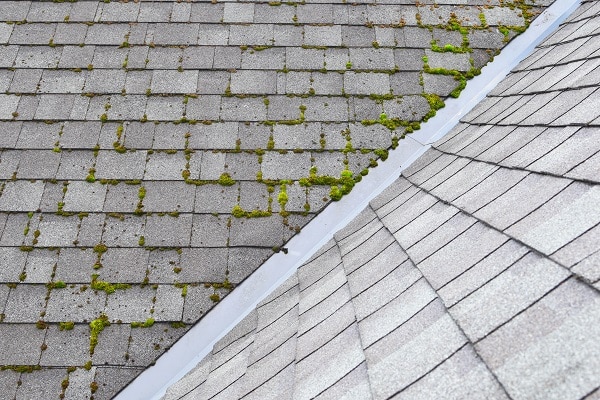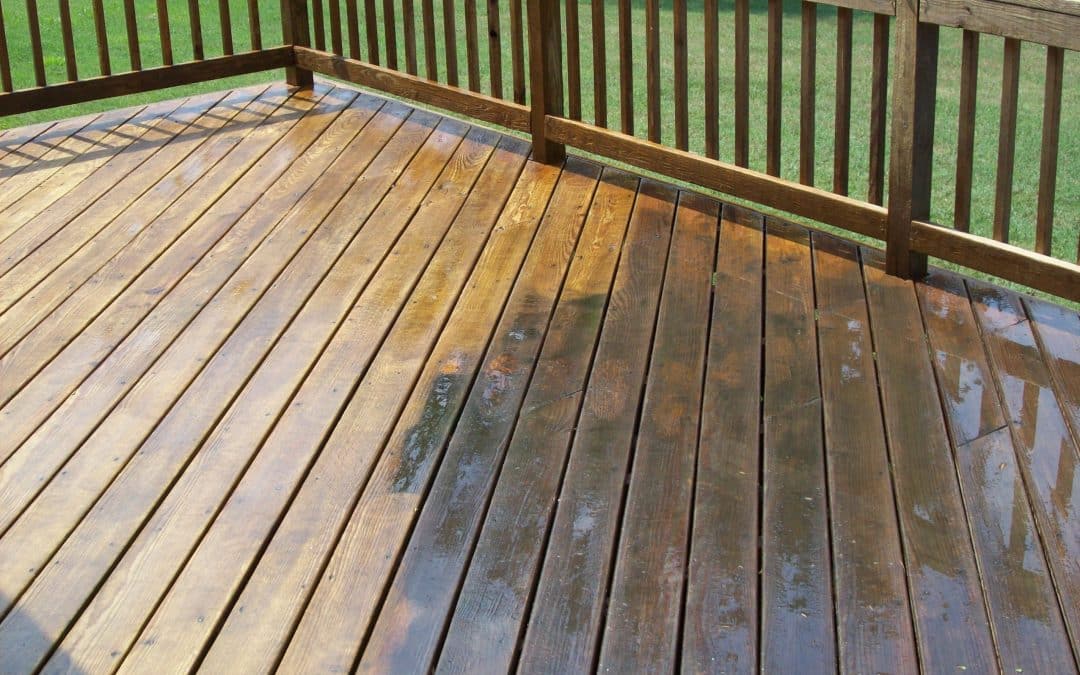Why Soft Washing Is the Best Solution for Delicate Surfaces
Soft washing is transforming exterior cleaning by offering a safer, more effective alternative to pressure washing. Unlike traditional pressure washing, which can cause irreversible damage to delicate surfaces, soft washing uses low-pressure water and specialized cleaning solutions to gently remove dirt, grime, and contaminants without risk. This method is ideal for maintaining your property’s appearance and preventing costly repairs or material replacements. For property owners looking to protect their investment and achieve superior results, soft washing is the gold standard. Discover how soft washing preserves your property while delivering a thorough clean.
Understanding Delicate Surfaces
Not all building materials are created equal. Many surfaces that appear sturdy can actually be quite vulnerable to aggressive cleaning methods. Delicate surfaces are those that can be damaged by high water pressure, harsh scrubbing, or inappropriate cleaning chemicals.
Common delicate surfaces include:
- Roofing Materials: Asphalt shingles, clay tiles, slate, and wood shakes all have coatings or natural properties that can be stripped away by high-pressure water. Even seemingly durable materials like concrete tiles can suffer from surface erosion when subjected to intense pressure.
- Siding Options: Vinyl siding, painted wood, stucco, and EIFS (Exterior Insulation Finishing System) require careful handling. These materials often have protective coatings, textured finishes, or structural vulnerabilities that make them unsuitable for pressure washing.
- Soft Metals: Aluminum gutters, copper downspouts, and decorative metal fixtures can dent, scratch, or lose their protective finishes when exposed to high-pressure cleaning.
- Natural Stone: Limestone, sandstone, and other porous stones can absorb water under pressure, leading to structural damage, while the force can chip or crack the surface.
- Windows and Trim: Glass, window seals, decorative trim, and painted surfaces are particularly vulnerable to both pressure damage and water infiltration.
The common thread among these materials is their need for a cleaning approach that prioritizes preservation over aggressive removal. Traditional cleaning methods often fail to account for these vulnerabilities, leading to expensive repairs and premature replacement.

Professional Soft Washing Service
The Limitations of Pressure Washing
Pressure washing has dominated the exterior cleaning industry for decades, but its limitations become apparent when dealing with anything beyond concrete driveways and sidewalks. The fundamental problem lies in its reliance on mechanical force rather than chemical action.
High-pressure water systems typically operate between 1,500 to 4,000 PSI (pounds per square inch). While this force effectively removes surface contaminants, it can also:
- Strip Protective Coatings: Many surfaces rely on protective finishes, paints, or sealers for longevity. Pressure washing can remove these essential layers, leaving materials vulnerable to weather damage, UV rays, and biological growth.
- Drive Water Into Structures: The force of pressurized water can push moisture behind siding, under roofing materials, and into cracks and crevices where it doesn’t belong. This water infiltration can lead to mold growth, structural damage, and insulation problems.
- Create Surface Damage: Etching, gouging, and chipping are common results of pressure washing delicate materials. These surface imperfections not only affect appearance but also create locations where dirt and organisms can accumulate more easily.
- Fail to Address Root Causes: Pressure washing removes visible contamination but doesn’t necessarily kill the organisms causing it. Algae, mold, and mildew can return quickly because their root systems remain intact.
- Require Multiple Treatments: Because pressure washing relies primarily on mechanical action, heavily soiled surfaces often require multiple passes, increasing the risk of damage with each treatment.
Professional cleaning contractors increasingly recognize these limitations and are transitioning to soft washing for applications where surface preservation is crucial.
The Benefits of Soft Washing for Delicate Surfaces
Soft washing addresses the fundamental limitations of pressure washing by prioritizing chemical cleaning action over mechanical force. This approach offers numerous advantages that make it the superior choice for delicate surfaces.
- Gentle Yet Effective Cleaning: Soft washing systems operate at pressures similar to a garden hose—typically between 40 to 80 PSI. This low pressure is sufficient to rinse away loosened contaminants without risking damage to vulnerable surfaces. The real cleaning power comes from specially formulated solutions that break down dirt, kill organisms, and dissolve stains at the molecular level.
- Longer-Lasting Results: Because soft washing solutions kill the root systems of algae, mold, and mildew, the cleaning results last significantly longer than pressure washing. Many soft washing treatments can keep surfaces clean for 4-6 times longer than traditional methods, making it more cost-effective over time.
- Surface Preservation: The gentle nature of soft washing means protective coatings, paint finishes, and surface textures remain intact. This preservation extends the life of building materials and maintains their aesthetic appeal without the risk of premature deterioration.
- Comprehensive Contamination Removal: Soft washing solutions can penetrate porous surfaces and cracks where organisms hide, ensuring more thorough removal than surface-level pressure washing. This comprehensive approach prevents rapid recontamination and provides superior long-term cleanliness.
- Versatility Across Materials: Unlike pressure washing, which requires different techniques and pressures for different surfaces, soft washing can safely clean a wide variety of materials using the same low-pressure approach with customized cleaning solutions.
- Environmental Considerations: Modern soft washing solutions are formulated to be biodegradable and environmentally responsible while maintaining superior cleaning effectiveness. This approach aligns with growing environmental consciousness among property owners.
Wash Masters’ Expertise in Soft Washing
As a leader in professional exterior cleaning services, Wash Masters has embraced soft washing technology to provide superior results for clients with delicate surfaces. Their expertise goes beyond simply owning the right equipment—it encompasses understanding surface materials, selecting appropriate cleaning solutions, and executing techniques that maximize effectiveness while ensuring complete safety.
The team at Wash Masters recognizes that successful soft washing requires extensive knowledge of surface materials, contamination types, and chemical interactions. Their technicians undergo comprehensive training to identify surface vulnerabilities and select the most appropriate cleaning approach for each unique situation.
Experience has taught Wash Masters that soft washing success depends on several critical factors: proper solution dilution, adequate dwell time, thorough pre-treatment assessment, and systematic application techniques. These elements combine to create cleaning results that consistently exceed client expectations while preserving surface integrity.

Soft Wash Cleaning (Before/After)
Step-by-Step Soft Washing Process
Understanding the soft wash cleaning process helps property owners appreciate the care and expertise required for optimal results. The process typically follows these essential steps:
- Surface Assessment and Preparation: Every soft washing project begins with a thorough evaluation of the surfaces to be cleaned. This assessment identifies material types, existing damage, areas of heavy contamination, and any special considerations that might affect the cleaning process.
- Solution Selection and Mixing: Based on the surface assessment, appropriate cleaning solutions are selected and mixed to the correct concentrations. Different contaminants and surface materials require specific chemical formulations for optimal results.
- Pre-Treatment Application: Heavily soiled areas often receive pre-treatment with specialized solutions designed to break down stubborn contaminants. This step ensures even cleaning across the entire surface and prevents streaking or uneven results.
- Primary Cleaning Application: The main cleaning solution is applied systematically across the surface, typically working from bottom to top to prevent streaking. The solution is allowed adequate dwell time to break down contaminants and kill organisms.
- Agitation When Necessary: Some situations benefit from gentle agitation using soft brushes or low-pressure rinsing to assist in contaminant removal. This step is performed carefully to avoid surface damage.
- Thorough Rinsing: Finally, all cleaning solutions and loosened contaminants are thoroughly rinsed away using low-pressure water. This step ensures no residue remains that could attract dirt or cause surface problems.
- Post-Treatment Inspection: Professional soft washing concludes with a comprehensive inspection to ensure complete cleaning and verify that no damage has occurred during the process.
Ideal Surfaces for Soft Washing
Soft washing excels on a wide variety of surfaces, making it the preferred choice for comprehensive property cleaning. Understanding which surfaces benefit most from this gentle approach helps property owners make informed cleaning decisions.
- Roofing Systems: All types of roofing materials benefit from soft washing, including asphalt shingles, clay tiles, slate, metal roofing, and cedar shakes. The gentle approach preserves granules on asphalt shingles, maintains the integrity of clay and slate tiles, and prevents damage to metal roof coatings.
- Exterior Siding: Vinyl, aluminum, wood, fiber cement, and stucco siding all respond excellently to soft washing. The process removes organic growth, dirt, and stains without risking surface damage or water infiltration behind the siding material.
- Delicate Architectural Features: Decorative trim, shutters, railings, and ornamental elements often feature intricate details or special finishes that require gentle cleaning to preserve their appearance and integrity.
- Outdoor Living Spaces: Decks, patios, gazebos, and outdoor furniture made from composite materials, treated wood, or painted surfaces benefit from the surface-preserving nature of soft washing.
- Commercial Applications: Storefronts, office buildings, and commercial properties with painted surfaces, EIFS systems, or architectural concrete achieve superior results with soft washing while maintaining their professional appearance.
Debunking Myths About Soft Washing
Despite its proven effectiveness, soft washing still faces misconceptions that prevent some property owners from choosing this superior cleaning method. Addressing these myths helps clarify the true benefits of soft washing.
Myth: “Soft washing isn’t as effective as pressure washing because it uses less force.”
Soft washing is often more effective because it addresses contamination at the source rather than simply blasting it away. Chemical action breaks down organic growth and stains more thoroughly than mechanical force alone.
Myth: “Soft washing takes longer than pressure washing.”
While soft washing may require more dwell time for solutions to work, the overall process is often faster because it requires fewer passes and less preparation time for surface protection.
Myth: “The cleaning chemicals used in soft washing are harmful to plants and the environment.”
Professional soft washing solutions are formulated to be biodegradable and environmentally responsible. When properly applied and rinsed, they pose no threat to landscaping or the environment.
Myth: “Soft washing is more expensive than pressure washing.”
While the initial cost might be slightly higher, soft washing provides longer-lasting results, reducing the frequency of cleaning needed and making it more cost-effective over time.
Myth: “Any cleaning service can perform soft washing effectively.”
Soft washing requires specialized knowledge, equipment, and techniques. Success depends on understanding surface materials, proper solution selection, and correct application methods.

Soft Wash Roof Cleaning
Why Choose Wash Masters for Your Soft Washing Needs
Selecting the right professional for soft washing services makes a crucial difference in both results and surface preservation. Wash Masters brings together the experience, equipment, and expertise necessary for superior soft washing outcomes.
Their commitment to ongoing education ensures their team stays current with the latest soft washing techniques, solutions, and safety protocols. This dedication to continuous improvement translates into better results and enhanced value for every client.
Wash Masters’ approach prioritizes surface preservation without compromising cleaning effectiveness. Their systematic methodology, attention to detail, and use of professional-grade equipment and solutions consistently deliver results that exceed client expectations.
The company’s comprehensive service approach means clients receive thorough surface assessment, customized cleaning solutions, careful application techniques, and post-treatment inspection to ensure complete satisfaction.
Protecting Your Investment Through Proper Surface Care
Protect your property’s value and appearance with soft washing—the gentle, effective alternative to traditional pressure washing. Perfect for delicate surfaces like roofing, painted siding, and architectural details, soft washing removes dirt and grime without causing damage. It’s an eco-friendly choice that preserves surface integrity, extends the life of materials, and keeps your property looking its best. Invest in professional soft washing for long-lasting cleanliness and maintained property value—because when it comes to caring for your property, it’s the smart choice.
https://www.google.com/maps?cid=11868858614971613180

